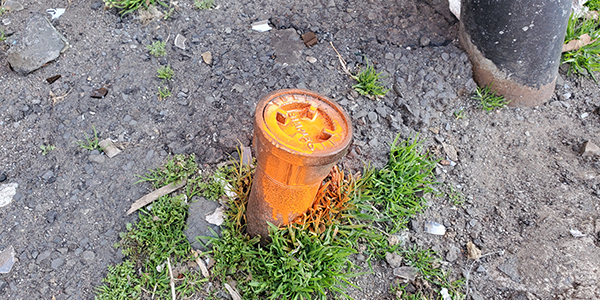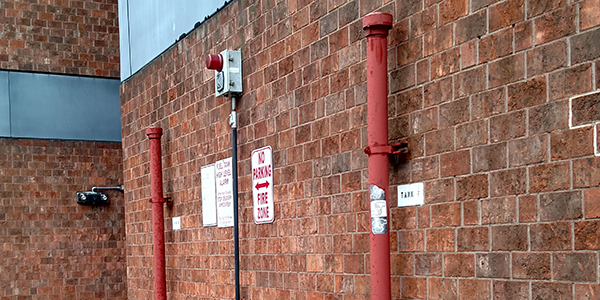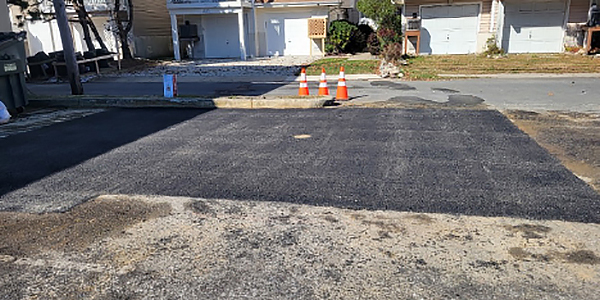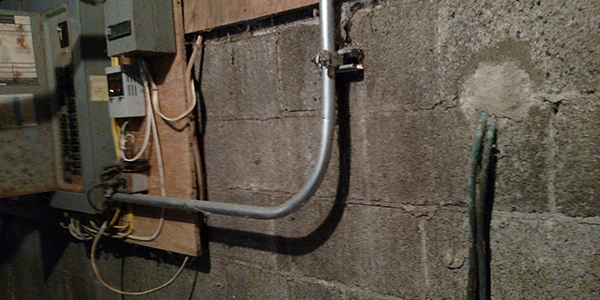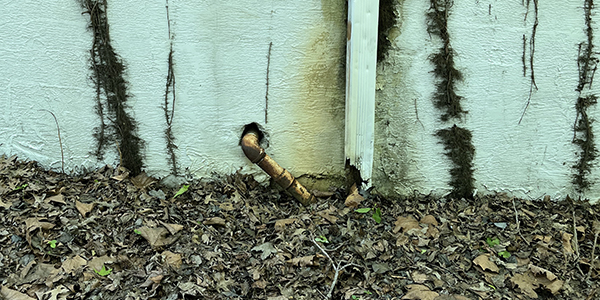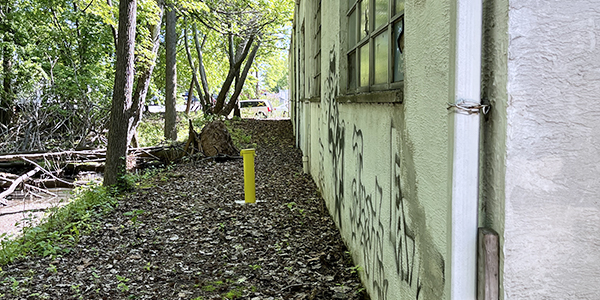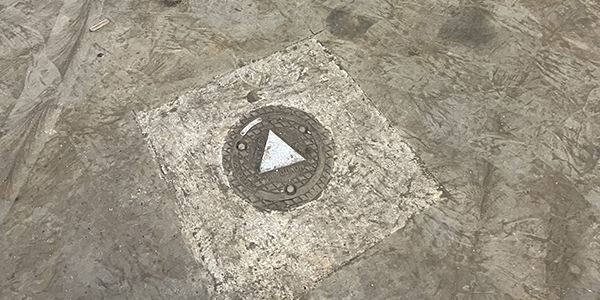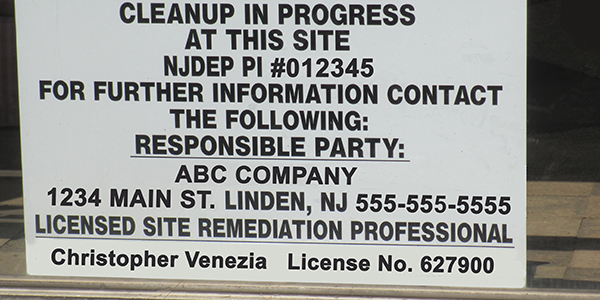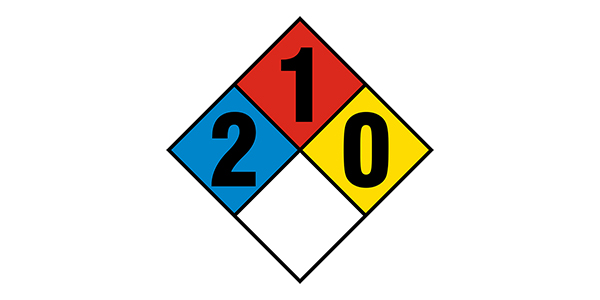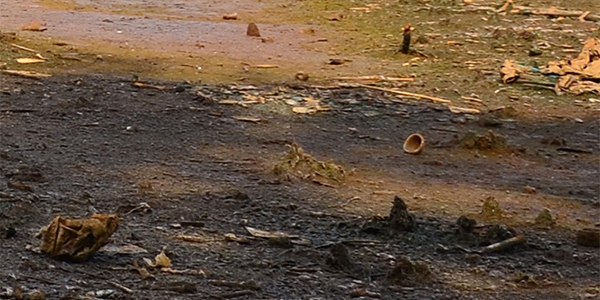
20 Jan Look for these 5 Environmental Red Flags Before You Buy
When buying real property, it is important to conduct a Phase I or Preliminary before the purchase in order to avoid potential costly environmental liability. In New Jersey, simply purchasing a property can enter you into the environmental liability chain, even if you were in no way responsible for the discharge that caused the contamination. For further information on this subject, see our video: Due Diligence and the Innocent Purchaser Defense.
Even before you hire an environmental professional to conduct a Phase I or Preliminary Assessment, a simple site inspection may reveal some red flags that should give you pause when contemplating purchasing the property. These items alone may not be deal breakers, but they do suggest a potential for environmental concern. If you observe any of the five red flags described below on a property you are considering purchasing, contact a qualified environmental consultant before you enter into a contract of sale.
1. Underground Storage Tanks
There are several ways to identify potential underground tanks when conducting a site inspection. Following are photos of four of the more common ones to look for.
2. Discharges from Boilers or Compressors
It is very common to see compressor vents and boiler blowdown lines discharge to the environment. However, these discharges, which are mostly condensate, may be contaminated with oil.
3. Wells
Whether used for monitoring or for production, wells can be an indication of environmental issues.
4. Signs
Pay particular attention to signs, both on- and off-site. Some are obvious, such as LSRP public notification signs, while others may not be as obvious to the untrained eye.
5. Soil Staining and Stressed Vegetation
If you observe areas of discolored soil or brown patches in vegetation, this could be a sign of a discharge.
Environmental professionals are highly trained to observe subtle signs that may indicate environmental issues, but even property owners or potential buyers can identify some of these red flags on their own if they know what to look for. If you are considering purchasing a property and notice any of the above red flags, contact ESA to assist you in evaluating the site to provide peace of mind and prevent future compliance and liability issues.




